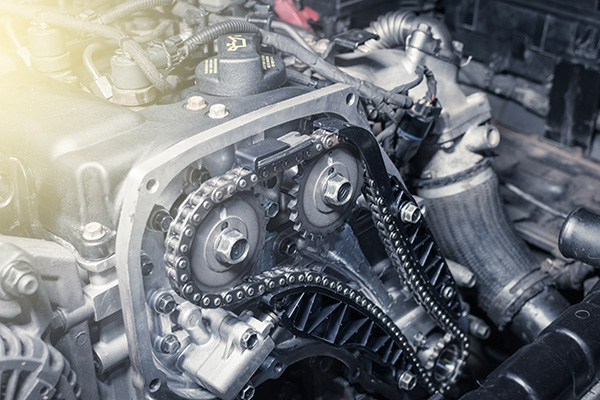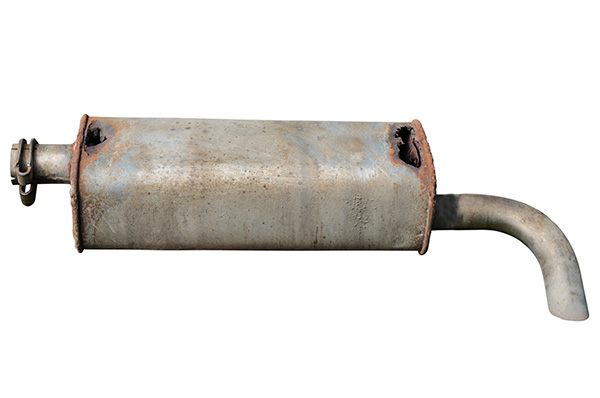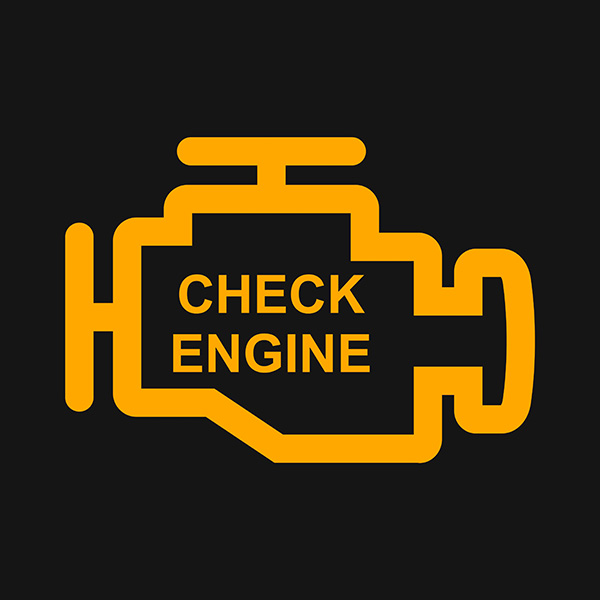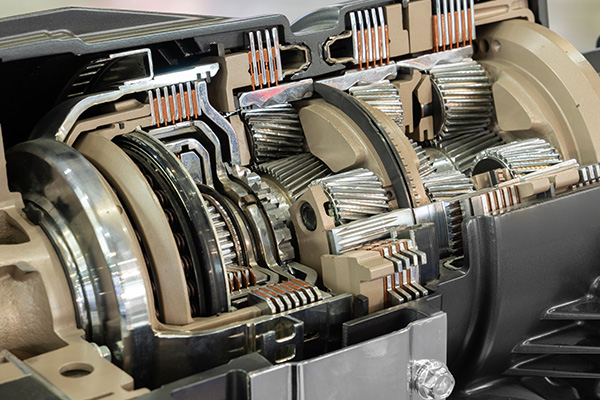Posted on 12/19/2025

If you look through maintenance schedules or listen to car advice online, you will hear a lot about timing belts and timing chains. Some engines have one, some have the other, and the service needs are very different. Since a failure in either part can cause big engine damage, it makes sense to know which one your vehicle uses and what that really means for maintenance. What the Timing System Actually Does The timing system keeps the crankshaft and camshaft(s) in sync so the valves open and close at the right moment as the pistons move. If that relationship slips, the engine will run poorly, or in some designs, valves and pistons can collide. That is why timing components are treated as critical parts rather than “nice to have” items. In most modern engines, the timing belt or chain also drives other components, such as a water pump or bala ... read more
Posted on 11/28/2025

A car should settle into a calm, even idle after it warms up. If the steering wheel trembles, the seats buzz, or the hood dances a little while you sit at a light, something is off. Rough idle can feel worse with the A/C on or when you shift into gear. The good news is that a handful of common issues cause most idle shakes, and a careful inspection can narrow them quickly. What a Healthy Idle Feels Like On a healthy engine, the tachometer stays steady and the exhaust note is smooth. You might feel a faint hum from the road, but not a cyclical shake through the wheel or pedals. The idle should remain stable when the engine is fully warm, the cooling fan cycles on, and the alternator or A/C clutch adds load. If rpm dips, surges, or the whole car shivers, the engine is either struggling to breathe, to meter fuel, or to handle added load at low speed. Misfires ... read more
Posted on 10/31/2025

Many drivers brush off an exhaust leak as just an annoying sound. Maybe it’s a ticking or popping noise when the engine starts, or a deep growl when accelerating. But the truth is, exhaust leaks can lead to much more than irritating sounds. They can reduce engine performance, increase emissions, and in some cases, expose you and your passengers to harmful gases. If left untreated, what starts as a small leak can turn into a serious safety issue, not to mention expensive repairs down the road. What Is an Exhaust Leak Your exhaust system is designed to route engine gases safely away from the engine and out the back of the vehicle. It includes the exhaust manifold, catalytic converter, resonator, muffler, and a network of pipes that carry gases through the system. An exhaust leak occurs when there’s a crack, hole, or failed gasket anywhere along this path. Instead of flowing smoothly through the system, gases escape into areas where they shouldn’t be ... read more
Posted on 9/26/2025

When the check engine light comes on, it’s easy to assume the problem lies under the hood. While that’s sometimes true, transmission issues, especially faulty sensors, are also a common cause. In modern vehicles, your transmission relies on several sensors to monitor speed, fluid pressure, and gear position. If any of these sensors fail or send inaccurate signals, the engine control module (ECM) may detect a problem and trigger the check engine light. Understanding how these sensors work and what happens when they fail can save you time, money, and unnecessary stress. How Transmission Sensors Communicate With Your Vehicle Modern automatic transmissions are highly complex, and sensors are at the heart of how they function. These sensors send constant data to the ECM, which uses the information to control gear shifts, manage torque, and optimize performance. When a sensor fails or provides inconsistent readings, the ECM can no longer make accurate adjustm ... read more
Posted on 8/29/2025

Modern vehicles are constantly evolving, and one of the most noticeable changes in recent years is the number of gears in automatic transmissions. Decades ago, 3- or 4-speed transmissions were common. Now, it’s not unusual to see vehicles with 8, 9, or even 10 speeds. Some car owners are left wondering: does more always mean better? Let’s explore why transmission gear counts have increased, how they impact performance, and whether having more gears always benefits your drive. How Do More Gears Actually Help A transmission’s job is to manage power delivery from the engine to the wheels. It utilizes different gears to maintain the engine's optimal speed—whether you're accelerating, cruising on the highway, or climbing a hill. More gears allow the engine to stay closer to its optimal RPM range more of the time. That can lead to smoother shifts, better fuel economy, and improved acceleration. For example, a 10-speed transmission can make ... read more